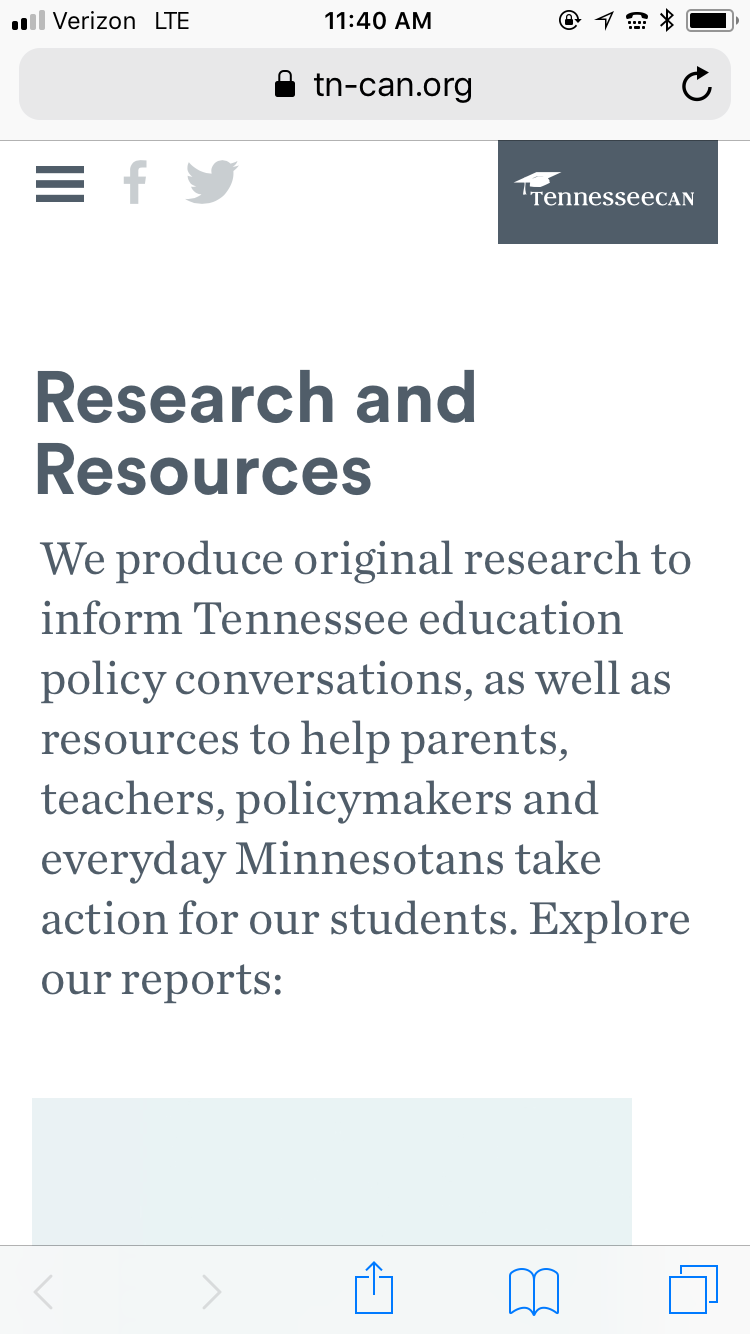A new report shows that 27 state affiliates of the National Education Association lost active members in the past year, including Tennessee. Tennessee Education Association’s (TEA) membership dipped last year and has been continuously decreasing over the past five years.
In Tennessee, TEA had 28,802 active members during the 2015 – 2016 school year. That’s down 7%, or 2,240, from their 2014 – 2015 total of 31,042. TEA has lost over 37% of their active members in the past five years.
The decrease in membership is a direct result of the state’s mission to do whatever it takes to make the union as weak as possible. Teacher’s collective bargaining and payroll deductions were stripped away, and the membership has been decreasing since then.
While TEA can no longer collectively bargain, they can do what is known as collaborative conferencing. Teachers at Metro Nashville Public Schools voted to start collective conferencing with the district this past school year.
The Tennessean describes collaborative conferencing as:
Collaborative conferencing is a form of district and union negotiation where topics such as: salaries or wages; grievance procedures; insurance benefits; fringe benefits; working conditions; vacation; and payroll deductions can be discussed. Other topics outside those listed are prohibited in meetings and conversations.
Another reason to join TEA was the ability to gain liability insurance. Now, the state of Tennessee provides all public school teachers with liability coverage at no cost, though the amount of coverage is not clearly defined.
The Fund provides liability insurance coverage to covered individuals and protects against damages or claims arising out of the performance of their work and within the scope of their employment or assignment
I have spoken to many teachers who agree with the positions of TEA, but do not want to spend $670 a year to become a member of a union that no longer has power. The state of Tennessee has done everything it can to reduce the amount of power TEA has in hopes of reducing their membership. It looks like it has worked.
What should TEA do to increase membership? I would love to hear your ideas.


